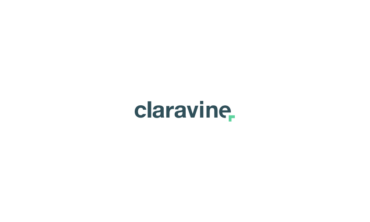Are you sure you know what you think you know?
 When you’re in charge of the Library of Congress, there are probably all kinds of pressing practical concerns. Daniel J. Boorstin, twelfth Librarian of Congress, appears to have made time to consider the big picture as well. He is credited with this assertion: “the biggest obstacle to discovery is not ignorance — it is the illusion of knowledge.”
When you’re in charge of the Library of Congress, there are probably all kinds of pressing practical concerns. Daniel J. Boorstin, twelfth Librarian of Congress, appears to have made time to consider the big picture as well. He is credited with this assertion: “the biggest obstacle to discovery is not ignorance — it is the illusion of knowledge.”
Consider what this could mean for your analytics data and your business. If your analytics relies on legacy spreadsheets developed over the years in various departments, if the uploading of tracking codes and classification tables into your analytics tool is done by hand, if you find that your reports aren’t always capturing the data you want due to corruptions or mis-classifications of your campaign codes, then instead of knowledge about your business, you’re likely laboring under the illusion of knowledge. That’s why you have the sense that your reports aren’t giving you the whole story. That’s why you don’t feel you can trust them.
And as long as you keep getting reports that look like they should mean something, and you can watch the data flowing in one end of the enterprise and out the other, what you’ve really got is an obstacle to discovery. Until there’s some way of guaranteeing accuracy, you can’t rely on what you’re seeing.
When you think you’ve got good data, but you can’t get the insights that you need, what can you do?
Consider going back to basics: start with your data foundation. Your reports hinge on the quality of the data you capture in the first instance of interaction. Any focus you bring to ensuring that your initial tracking inputs are correct will bear fruit when it comes to decision time. It’s impossible to take action with genuine confidence if the information used to guide that action is suspect.
Take a page from the book of Daniel J. Boorstin and approach your discovery work carefully. Let Claravine ensure that your organization isn’t being held back by broken data reports based on the “illusion of knowledge.”



